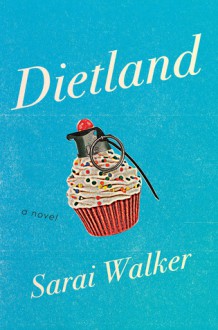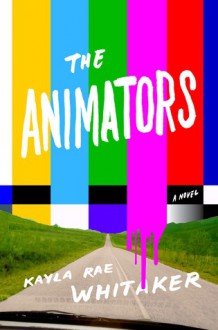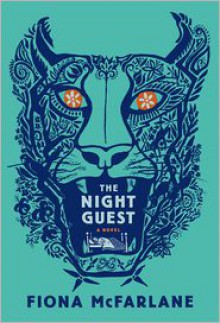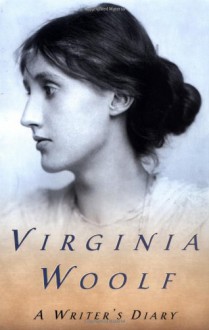
I bought this book shortly after it came out but moved it up the queue when I learned it's being made into a TV series helmed by Marti Noxon (of Buffy the Vampire Slayer and UnREAL fame); having read it now, I'm excited for the show. Here's a synopsis of the book from the Entertainment Weekly article announcing the series:
Dietland follows 300-pound Plum Kettle, who is saving money for gastric bypass surgery. She thinks her real life will begin once she’s finally thin, but her plans are disrupted by an underground feminist collective who take it upon themselves to show Plum the error of her thinking. At the same time, a guerrilla feminist group known to the public as “Jennifer” is wreaking havoc on the male-dominated world, kidnapping rapists and dropping them from planes, and blackmailing the CEOs of sexist newspapers.
I'll keep this spoiler-free because Dietland functions partially as a mystery--who is "Jennifer" and why is/are she/they doing this? The story is Plum's, but alongside hers, and ultimately connected to it, the feminist extremists' actions, and the media and public's ensuing reactions, are interwoven in their own brief sections, in a different font. It creates a context for Plum's struggles, as well as those of the girls who write in to the teen magazine where Plum works. It also serves as a contrast between what the feminist "terrorists" are doing and what the collective at Calliope House undertakes together and as individuals. There's no easy "this is right, this is wrong" morality being touted, though the women at Calliope House certainly don't endorse "Jennifer's" violent tactics. These two strands of the book are skillfully braided throughout.
Uniqueness and novelty are qualities I admire in books, and I can say I've never read anything quite like Dietland. At moments I felt an odd double-reaction where I'd both laugh and be horrified. In part this reminds me of how I react to shocking or extremely violent moments in movies (though the book isn't extremely violent; however, it is true to life in its depiction of violence against women). But it's also due to Walker's excellent prose; I highlighted many passages of the book not just for content, but for language. Some examples:
It seemed there was no part of the American landscape that was not soggy with the tears of so many girls.
...so I went to the ladies' room [at media empire Austen Tower], winding my way through the corridors lined with the huge magazine covers--the models, with their glazed-over looks, like the heads hanging on a hunter's wall.
I expected the women [actresses] to radiate light like they did on the screen, where a tiny movement--the brush of lashes against a cheek--was exquisite and beautiful, a raven batting its wing. In person they were ghostlike, their normally bold features faint, as if their likenesses had been reproduced so many times that they were becoming faded.
I say the novel is fresh, though it clearly and meaningfully uses Alice in Wonderland, a much-loved animating narrative, for structure, theme, and characterization. Plum's legal name is Alicia, and one can see Leeta, the girl who gets Plum started on her journey, as the White Rabbit (or Cheshire Cat? now that I'm thinking about it...with her colorful tights). Kitty, the editor at teen magazine Daisy Chain, with her red hair, could be the Queen of Hearts. But the use of Alice isn't slavish or overbearing; these characters and story live and breathe on their own.
In the acknowledgements, Walker tips her hat to second-wave feminism, and this is evident in the book's treatment of makeup and porn. The critiques it makes are necessary and warranted, but to this no-wave feminist who's engaged in Porn Studies (yes, that's a thing) and whose brother criticized her for wearing makeup (which can be just as shaming as telling a woman to wear it), there's more nuance to be had. This isn't a criticism, more like food for thought as I read.
Dietland will make you angry in its accurate depiction of contemporary misogynist and fat-shaming American (and a bit of British) culture, but it also offers an antidote with its humor, cast of women, and Plum's hopeful journey. Just from reading it these few days, I know I was inspired to be kinder to myself.


 Log in with Facebook
Log in with Facebook 









